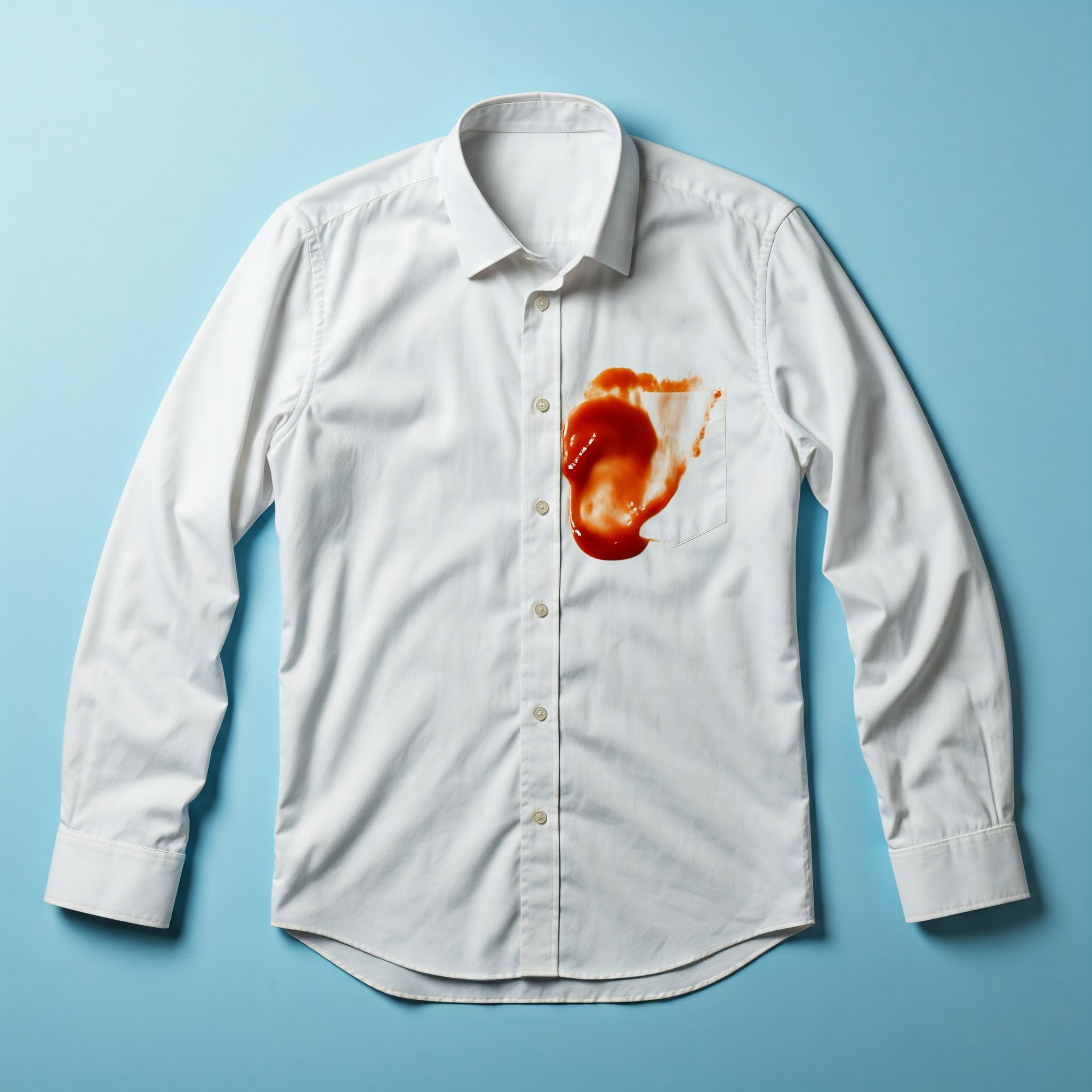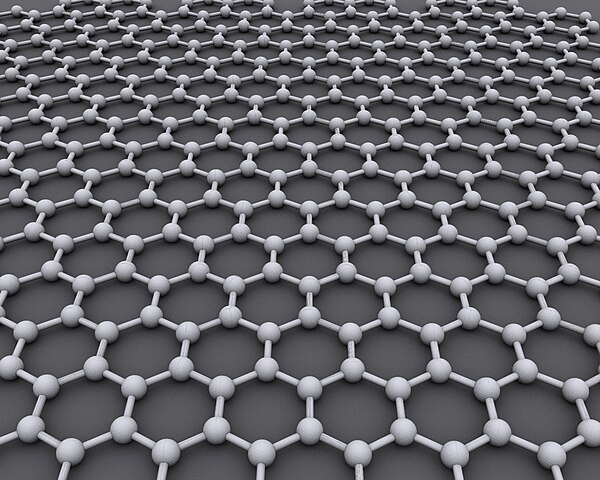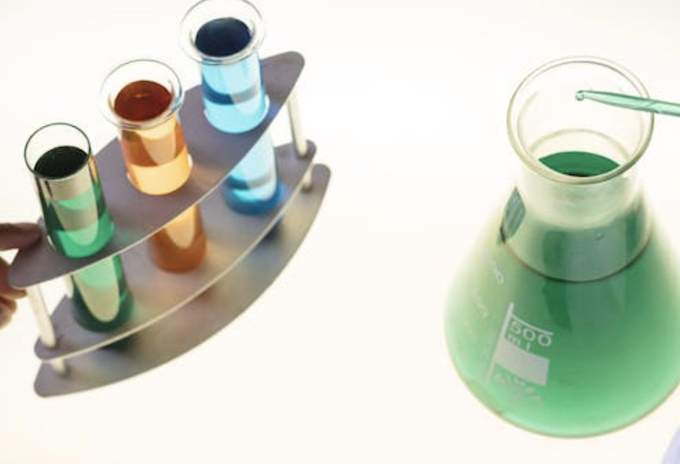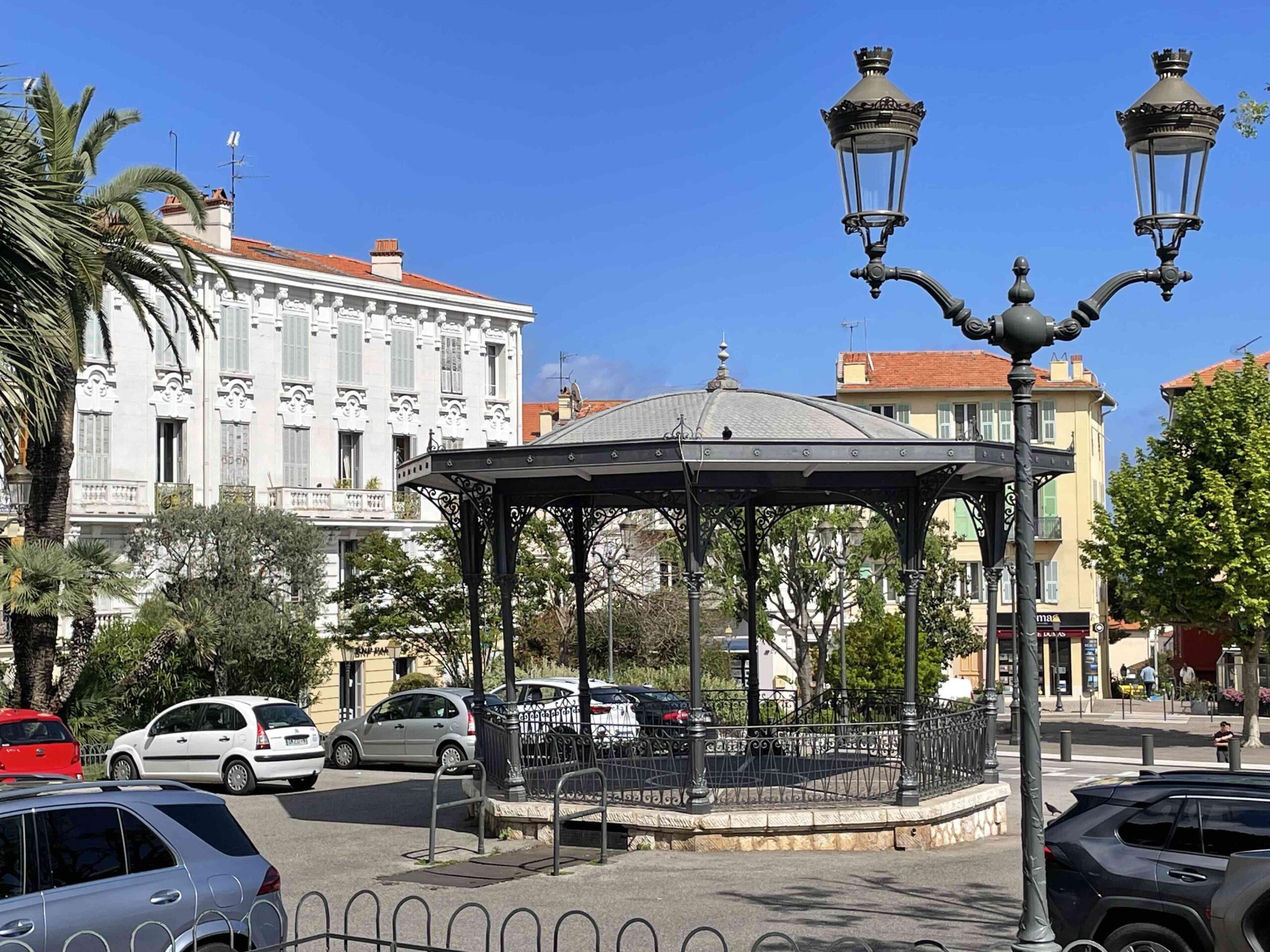Surfactants have a wide range of applications within households, such as soap, dishwashing liquid and cosmetics. But the current production process is carbon-intensive and waste water flows containing surfactant can be harmful to the environment. But recently a student team from France has been developing a greener alternative that could replace current surfactant chemicals.
Made of self-assembled molecular clusters called micelles in a solution, surfactants adsorb to the interface between a solution and a different phase (gases/solids). To demonstrate such physical properties, a surfactant must have a chemical structure with two different functional groups with different affinity within the same molecule. Usually the molecules of surfactants have an akyl chain called a hydrophobic group, that lacks affinity to water. Similarly, within lipid systems these are called lipophilic groups. Handy chemistry for removing stubborn food stains from that white shirt you dropped lasagna onto at dinner last night.
Want to learn more about funding, building and scaling early stage science ventures? Join our community forum and post your research topic or venture idea.
Known as the “Biosurfers”, the all student team springs from the AgroParisTech’s Bioceb Erasmus Mundus Joint Master’s Degree program. AgroParisTech is a sister institution to Université Paris-Saclay, a major public research university located in Orsay, France. AgroParisTech was formed in 2019 through the merger of several prestigious grandes écoles and research institutes, making it a leading European hub for scientific and technological innovation. The team worked with bioreactors and other equipment from the SayFood Joint Research Unit, a division of both universities.
Previous efforts to produce organic biosurfactants at scale had proven challenging for industry. So the Biosurfers team presented an innovative method for producing a biosurfactant lipopeptide called Lichenysin based on a modified Bacillus Licheniformis strain. A beneficial side effect of the experiment involved the capture of quantities of biogas which could be recycled to power related industrial processes. The Biosurfers project secured the top prize at the 2024 Bio-based Innovation Student Challenge Europe (BISC-E), organized annually by the Bio-based Industries Consortium (BIC), an industry body based in Brussels.
Image credit: Imagen 3
Genius ReFi is a collaborative platform for researchers, investors, entrepreneur and industry players interested in the commercialisation of eco-regenerative sciences.





